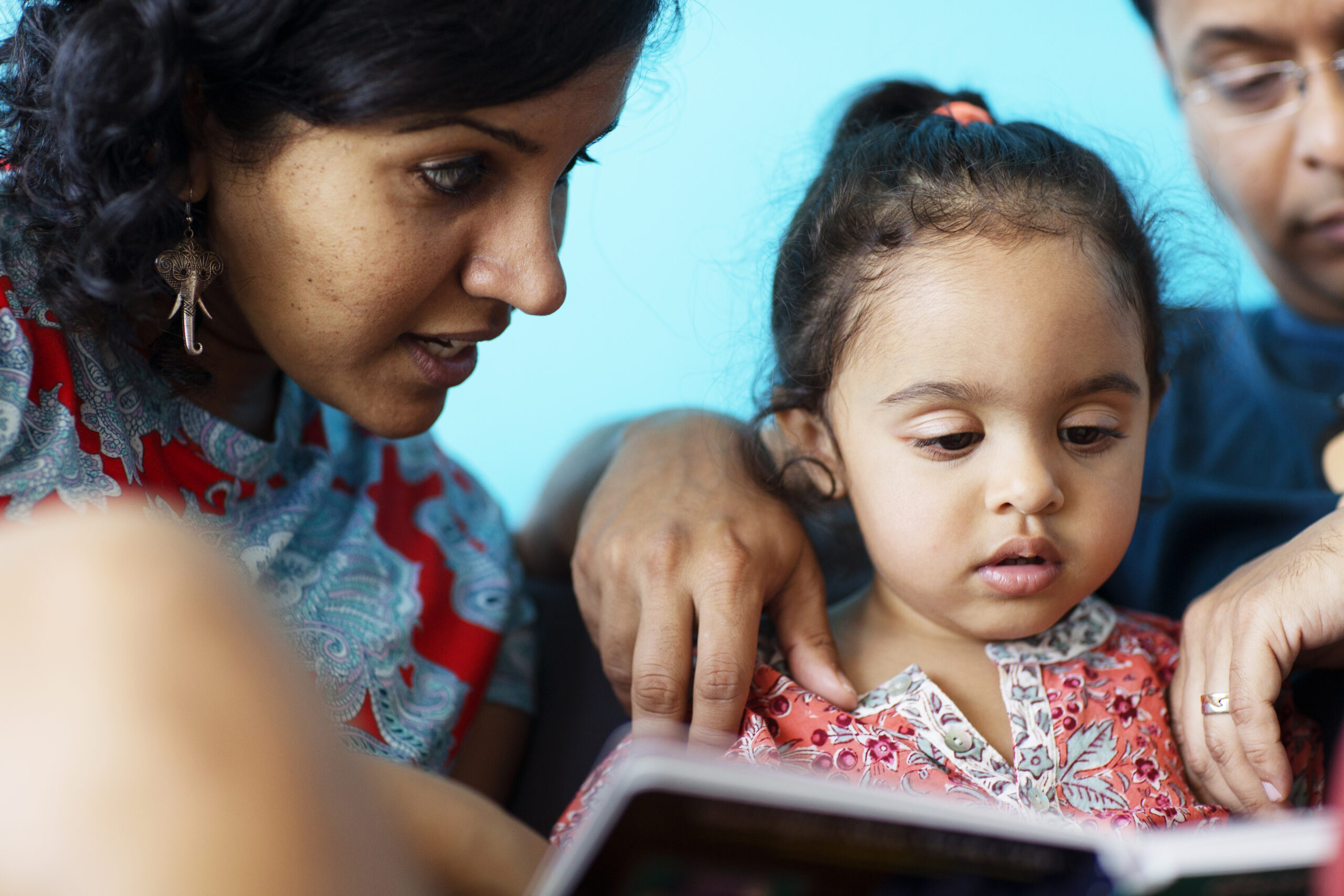Why parenting is important ?
Parenting is one of the most important and challenging roles that a person can undertake. It is a lifelong process that plays a crucial role in shaping the physical, emotional, social, and cognitive development of children. The way in which parents raise their children has a significant impact on their children’s future and the future of society as a whole.
One of the most important aspects of parenting is providing children with a sense of security and belonging. Parents are often the first people that children form attachments to, and these early relationships play a crucial role in shaping children’s ability to form healthy relationships throughout their lives. Parents also provide children with a sense of stability and continuity, which helps to buffer them from the stresses and challenges of life.
Parents also serve as role models for their children. Children learn from observing and imitating their parents, and parents have the opportunity to teach their children values and social norms. Parents who model positive behaviors, such as honesty, kindness, and responsibility, are more likely to raise children who exhibit those same behaviors. Parents also have the opportunity to teach their children about the importance of education and hard work, which can help to set them up for success in the future.
Parenting also plays a critical role in shaping children’s self-worth and self-esteem. Parents who provide their children with love, support, and encouragement are more likely to raise children who have a positive sense of self-worth. On the other hand, parents who are critical, judgmental, or neglectful can contribute to children developing low self-esteem.
In addition to providing children with a sense of security, belonging, and self-worth, parents also serve as the primary source of support and guidance for their children. As children grow and develop, they are faced with a variety of challenges and decisions that can be difficult to navigate. Parents can help their children by providing them with guidance and support, helping them to develop the skills and confidence they need to make good decisions and navigate the complexities of life.
Another important aspect of parenting is providing children with structured and consistent discipline. Discipline helps children learn to control their impulses and make good decisions. It also teaches them to take responsibility for their actions and to respect the rights and property of others. Parents should establish clear and consistent boundaries and consequences for behavior. This helps children understand what is expected of them and what will happen if they do not meet those expectations.
In conclusion, parenting plays a vital role in shaping the future of our society through the development of healthy, well-adjusted individuals. It is a challenging, but ultimately rewarding process that requires love, patience, and dedication. Parents have the opportunity to provide their children with a sense of security and belonging, serve as role models, shape children’s self-worth and self-esteem, provide support and guidance, and establish structured and consistent discipline. By fulfilling these responsibilities, parents can help their children to reach their full potential and become responsible and productive members of society.






